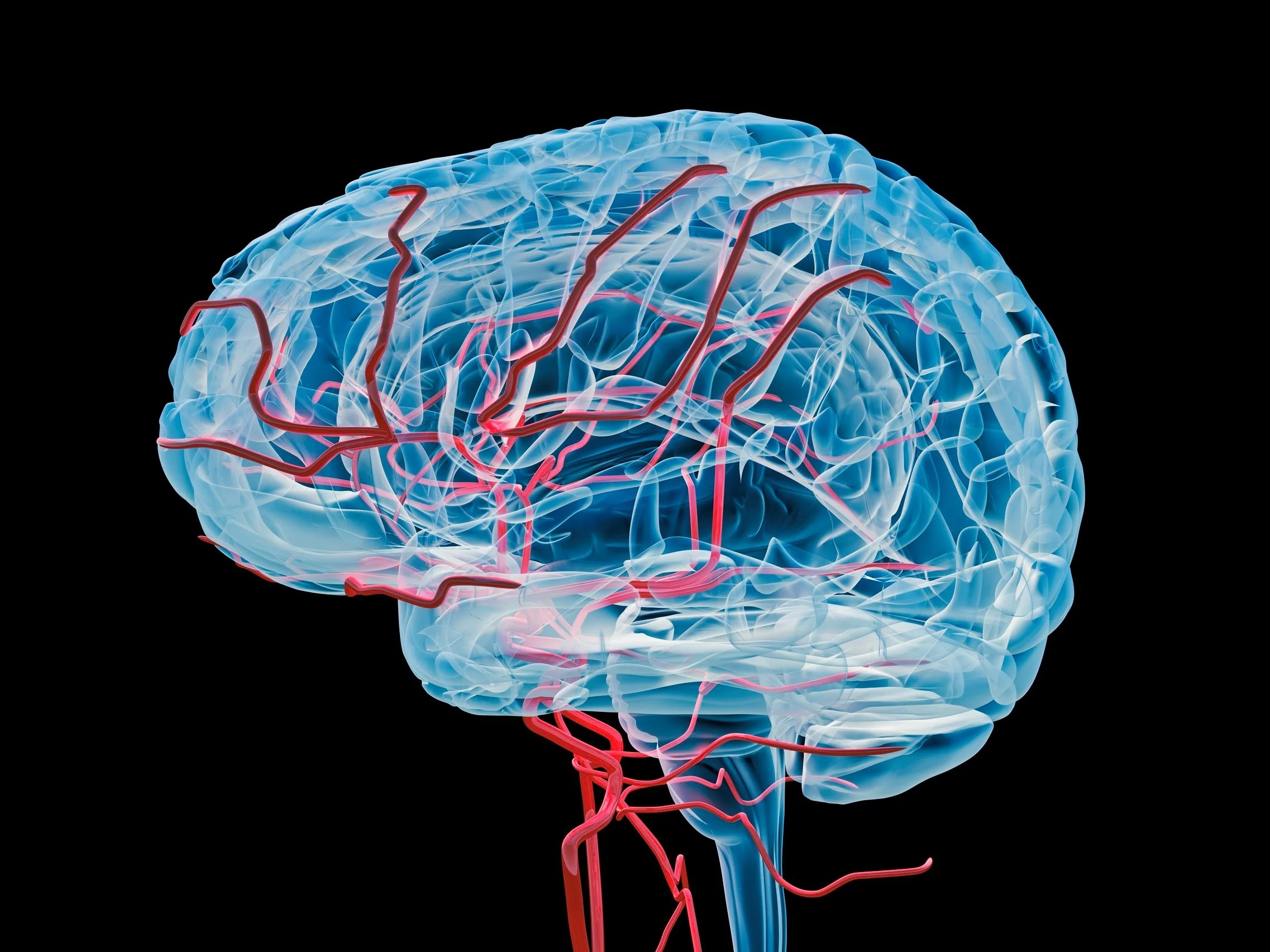
A “mileage clock” inside the brain has been located for the first time by scientists who say the “fascinating” findings could help to diagnose Alzheimer’s.
The researchers allowed rats to run around a small arena and then recorded the rodents’ brain activity from a part known to be important for memory and navigation.
There, they found cells, known as “grid cells”, which “fired” in a pattern that mirrored a mileage clock, ticking as the animal travelled, according to reports.
Human volunteers then took part in a scaled-up version of the test, which suggested the human brain also has a clock.
The scientists say the findings, published in the journal Current Biology, uncover some of the fundamental workings of humans’ internal navigation system, as well as potentially help to diagnose Alzheimer’s disease.
Lead author Professor James Ainge, from the University of St Andrews, told the BBC: “The specific brain cells we’re recording from are in one of the very first areas that’s affected in Alzheimer’s.”
The study has become the first to demonstrate that the regular ticking of “grid cells” is directly linked to humans’ ability to estimate distances travelled.
Prof Ainge said: “Imagine walking between your kitchen and living room. [These cells] are in the part of the brain that provides that inner map – the ability to put yourself in the environment in your mind.”
The research details how that “cognitive map” works, including what happens when it gets disrupted. It was found that a change in environment can lead to both rats and humans making errors in their distance estimation, such as when darkness or fog descends while out hiking.

In their experiments, the scientists trained the rats to run a specific distance in the rectangular arena, rewarding the rodents with a treat when they travelled the correct distance and back.
The mileage-counting cells in the animals’ brains were found to be firing regularly when the animals were running the correct distance.
Prof Ainge explained to the broadcaster: “The more regular that firing pattern was, the better the animals were at estimating the distance they had to go to get that treat.”
It was when the shape of the rat arena was changed that the researchers noted the firing pattern became irregular, leading the animals to have difficulties working out the distance they must move before returning to the beginning to get their treat.
Prof Ainge described the findings as “fascinating”, comparing them to when visual landmarks suddenly vanish in fog. He told the corporation: “They seem to show this sort of chronic underestimation. There’s something about the fact that the signal isn’t regular that means they stop too soon.”
In a further experiment, the human volunteers completed the same test but in a 12m by 6m arena. Similar to the rats, the participants started making errors in judging distances when the researchers moved the arena’s walls.
Looking to the future and the findings’ potential applications, including in diagnosing conditions like Alzheimer’s, Prof Ainge added: “People have already created [diagnostic] games that you can play on your phone, for example, to test navigation. We’d be really interested in trying something similar, but specifically looking at distance estimation.”




